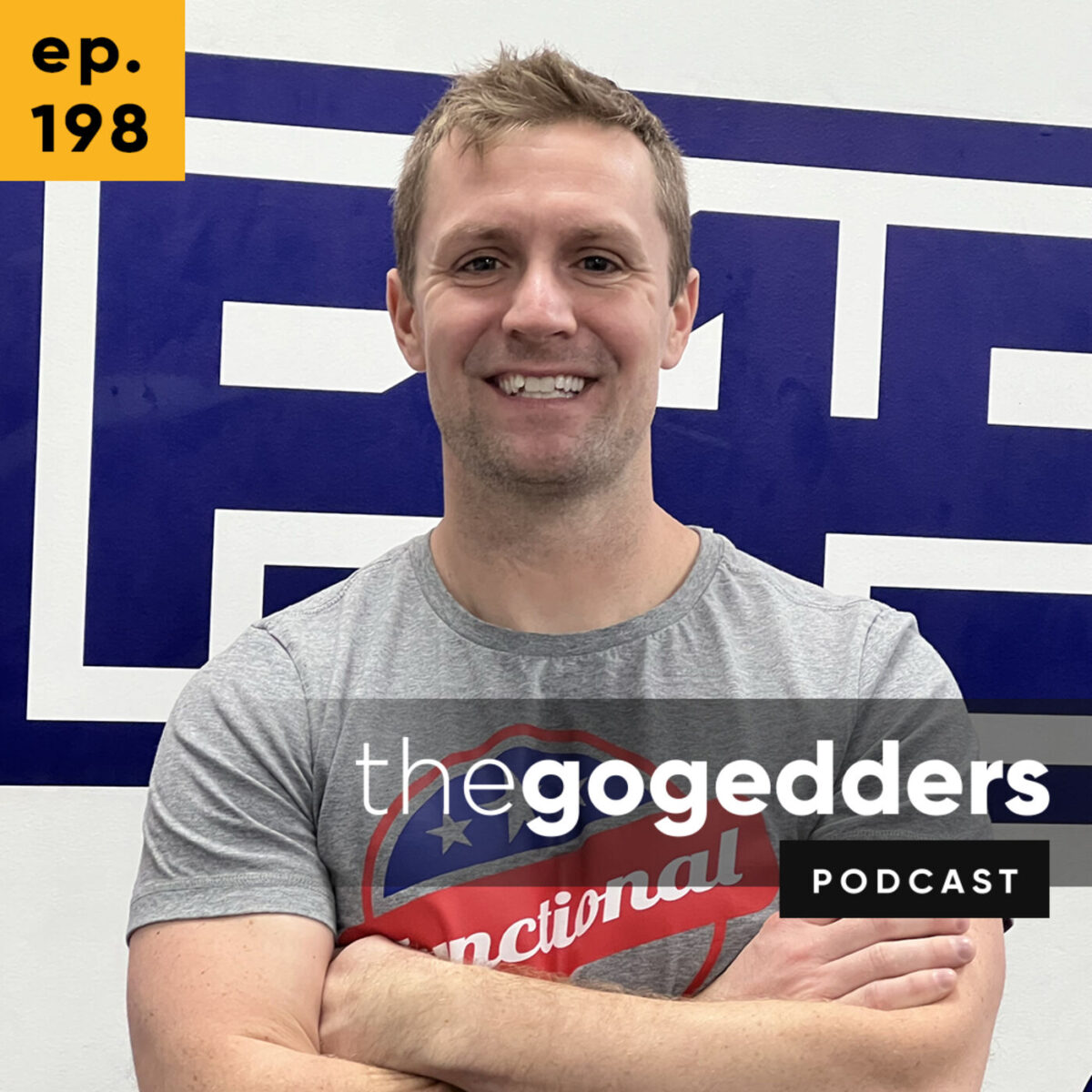If you’re like most people, with the New Year came some new health and fitness goals… AND if you’re like most people, these goals get thrown out the window mere days after January 1st. So what is it that makes maintaining these goals so difficult, and what should we be doing to make these goals more achievable?
Fitness guru, Wade Ritchie, joins us to discuss the ins and outs of maintaining a healthy lifestyle. Wade is a Partner at F45 Training Milwaukee Lakefront with over 15 years of experience in the health and fitness industry. So he has seen everything from crazy-motivated bodybuilders to your average Joe looking to get back in shape. And no matter which end of the spectrum you find yourself, Wade is able to provide practical steps that’ll help lead to tangible results.
In this episode, Wade covers the parameters you should follow when setting your fitness goals, the most important things you can do to be healthy, the kinds of workouts you should be doing, the effects of alcohol on the body, what causes hangovers, should you take pre-workout, and much much more.


